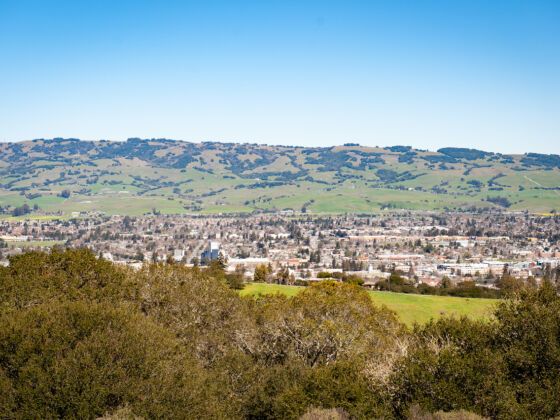This is The Climate Win, the most positive sustainability news around the world every week.
This week, Petaluma, CA, became the first municipality in the United States to ban the construction of new gas stations. The move is the latest push in the city’s goal to be carbon neutral by 2030, and the first announcement to catch national headlines since Petaluma’s City Council adopted a Climate Emergency Framework on January 11.
